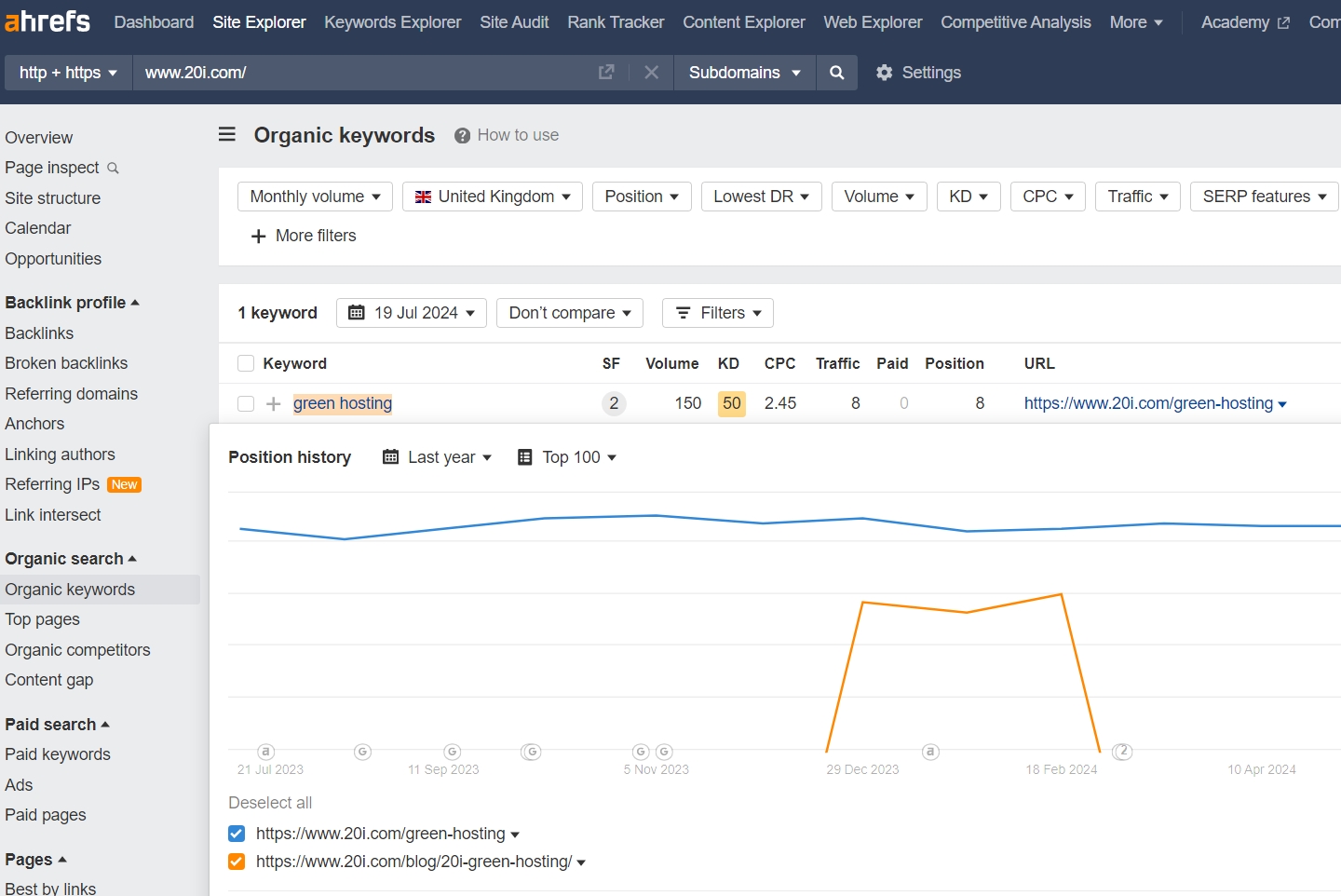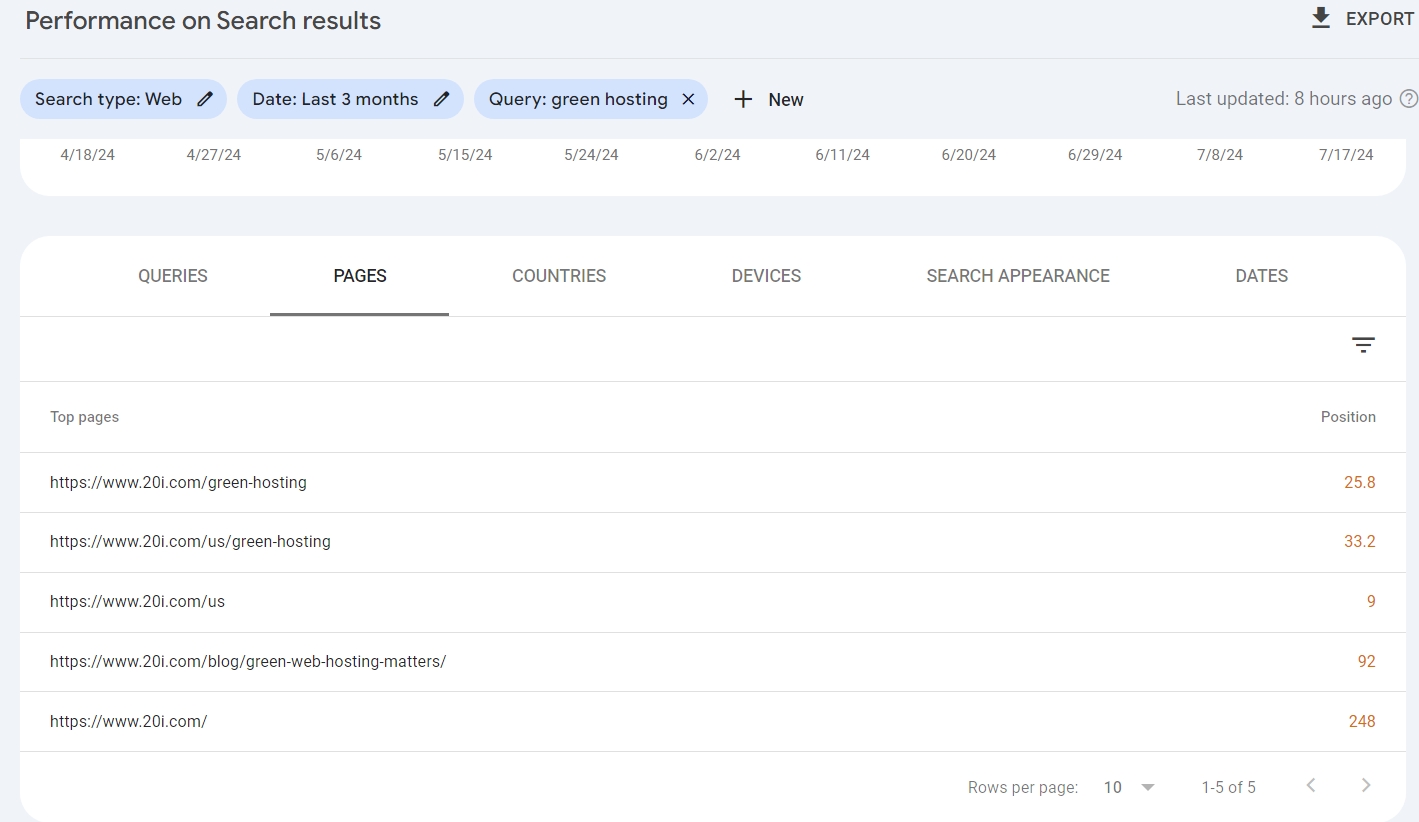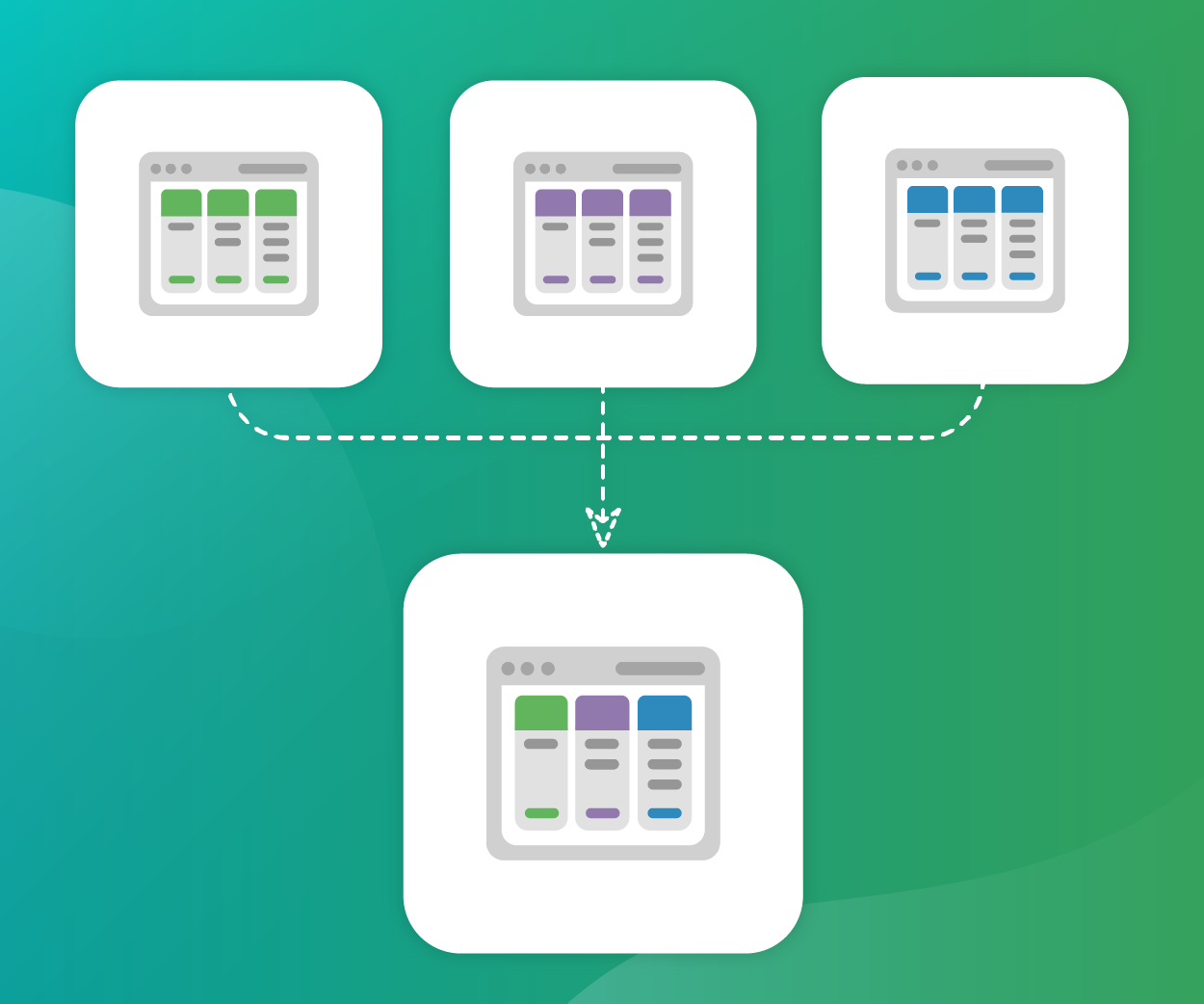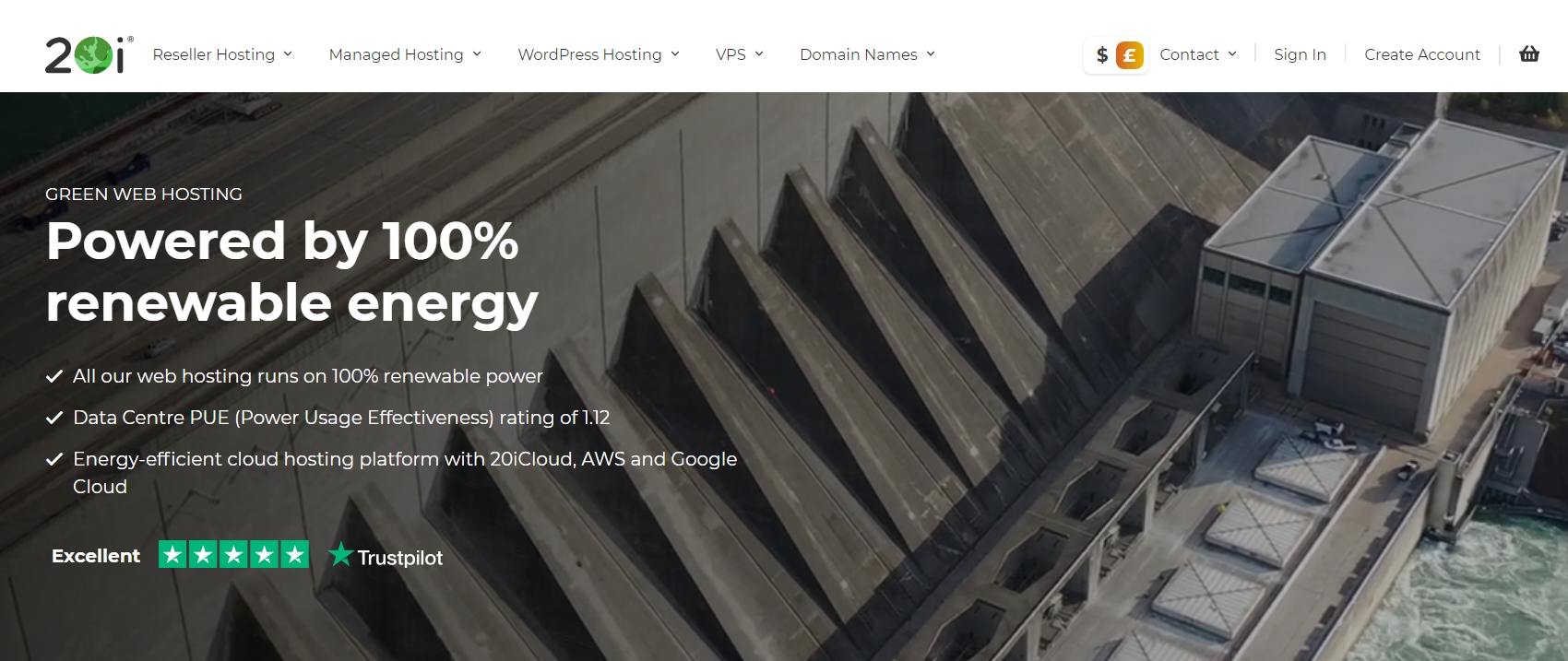For many years, the phrase “content is king” dominated SEO. This led to a “more is more” approach, with massive content creation underpinning many strategies.
Whilst this may be effective in some cases, if it’s not planned out properly, content creation at scale can be detrimental.
One of the biggest issues is keyword cannibalisation.
What is keyword cannibalisation?
Keyword cannibalisation is an SEO issue whereby multiple pages on one website are competing to rank for the same keyword – or in other words, “cannibalising” each other.
Google and other search engines are always looking for the most definitive page to rank for any topic.
When cannibalisation occurs, this suggests that the SERPs are confused over which page is the most suitable to rank.
The 3 most common issues this can cause:
- Users sent to the wrong page – By having two or more of your pages ranking for a single search term, human users end up split, and potentially on the wrong part of your website for what they need.
- Pages competing for rankings (& more) – If your pages are ranking for the same term, then the likelihood is that they will be competing against each other for SERP position. Not only that, but there’s a good chance that other ranking factors such as backlinks will be split too. In a situation like this, you may end up ranking 11th and 12th, when one “definitive” page could be 6th instead.
- Pages being excluded or alternated – Whilst sometimes you may end up with multiple pages ranked, on other occasions Google may choose to just run with one of the pages, leaving the others excluded from search results. There are also situations where Google will alternate between which page to rank, causing significant fluctuations in positioning.
What causes keyword cannibalisation?
As with most things in SEO, there isn’t a definitive answer for this, but the most common cause of keyword cannibalisation issues is creating pages with too much topical overlap.
As an example, if you resell web hosting, you likely have a core page where people can purchase your shared hosting packages. You may then wish to support this page with blog posts such as “What is web hosting?” or “How much does web hosting cost?”.
Whilst this may sound like a good idea on the surface, there is a strong likelihood that these posts will overlap with the content on the core page, and therefore cause the cannibalisation issues we mentioned above.
Other reasons for cannibalisation may be due to technical issues. For example, wrongly implemented canonicals or hreflang tags can cause confusion for search engines and conflict between pages, so ensure that all of your tags are in order.
How to identify keyword cannibalisation
There are a handful of ways in which you can investigate whether your website is suffering from keyword cannibalisation.
Find keyword cannibalisation with SEO Tools
The simplest way to identify keyword cannibalisation is by using SEO tools which highlight this for you.
If you are using Ahrefs, then you can find keyword cannibalisation issues with just a few steps:
- Enter your domain into the “site explorer” tool
- Click on “Organic keywords” in the side menu
- Filter the keywords you wish to see
- Click on the position history button
From here you will see a graph of historical positions for that keyword, which includes a list of the URLs which have ranked. If you see more than 1 URL listed, then this shows that keyword cannibalisation has been occurring.

An alternate tool to use is the rank tracking tool SERanking, which highlights to you if the URL ranking for a keyword has changed.
Google Search Console
As a free alternative to the paid tools above, you can use Google Search Console to identify potential cannibalisation issues.
Once in your GSC dashboard, take the following steps:
- Click “search results” in the side menu
- Filter the queries you wish to investigate
- Click on the query of your choice
- Click “pages” below the main graph
Doing this will show you all the pages which have received impressions & clicks for that specific query.
If you see multiple pages listed, then this suggests there may be potential cannibalisation. Look at the clicks & impressions figures in more detail to see the extent of this.

Having multiple pages with a handful of impressions is relatively normal and nothing to worry about, however if you see more than 1 page getting a significant number of clicks – or even worse, spot that the page you want to rank is being out clicked – then this is a sign that pages may be cannibalising each other.
Manual Audits
A simpler, “back to basics” approach, taking time to manually audit your rankings and pages can be an effective way to spot cannibalisation.
Type a few of your key phrases into Google and analyse the rankings – you may be surprised to see pages you didn’t expect showing up in the SERPs.
Likewise, audit your main menus and sitemaps on a regular basis. Look at them from a user point of view and ensure that each page serves a unique purpose.
How to fix keyword cannibalisation
For the most part, fixing keyword cannibalisation comes down to ensuring you have an effective and properly thought-out content strategy.
Creating hub content and topic clusters is a key part of SEO and very effective when done well, however, to avoid issues make sure that pages & posts don’t overlap too much.
Separate all your content pages by query intent, ensuring each topic has one key transactional page, with complimentary informational pages around it.
If you believe you’re currently suffering from cannibalisation related issues, then you can try the following fixes.
Content consolidation
Consolidating cannibalising content can be an effective fix that boosts rankings at the same time.
If you have multiple pages ranking for a keyword, consider moving the content from one of them over to the other, to create one “ultimate” resource.
As an example, you may have a key product page, and then an FAQ blog post both competing for rankings.
In this case, taking the main FAQs and placing them on the product page may lead to a ranking boost.
Be sure to 301 redirect any pages which are deleted to avoid sending traffic to 404 pages.
If you’re not sure which page you want to go with as your “definitive” version, then look at traffic, conversion rates, and page authority and go with the strongest & most relevant one.

Content Differentiation
In some cases, you may find that cannibalisation is being caused by a single paragraph or snippet of content.
If this occurs, then removing or rewriting that section may be enough to remedy the issue.
Ensure all your content is unique to avoid confusing search engines and users.
Ask yourself “does this page serve a unique purpose on my website?” If the answer is no, then consider rewriting or pruning.
Internal Linking Strategy
Internal linking is one of SEO’s most powerful yet underrated tools, and it can help you fix cannibalisation issues too.
If you have two or more pages with a similar intent, use effective internal linking and anchor texts to help signal to search engines which page should rank for which term.
Any supplementary pages or posts should link to your main page for key search terms, to signal to crawlers which pages should rank for that keyword.
Canonical tags
If you have multiple pages surrounding a single topic, and don’t need all of them to rank, then you can use canonical tags to signal to search engines which of your pages is the “chosen one”.
Simply place this code into the header of all pages you don’t want to rank, and change the URL section to the main page you do want to rank.
<link rel="canonical" href="https://www.mysite.com/rank-this-page"> You should be careful when using this method, as it is not keyword specific, and can lead to the page dropping out of the index completely.
Do not place these tags pointing away from a page that needs to rank in search engines and be sure not to create a canonical “loop”, which can cause confusion for Google and other bots.
Note: Canonical tags are “advice” rather than a “directive”, meaning that search engines can ignore them if they choose.
Keyword cannibalisation case study
I know first-hand how frustrating cannibalisation issues can be, as we have suffered from them here at 20i.
Following our move to 100% renewable power, we were very keen to promote our green web hosting page.

In doing so, we created several blog posts discussing green issues, however despite all our work, we found that we were consistently stuck on page 2 or 3 of search results when searching “green hosting”.
Taking a deeper dive, we soon found that our new complimentary blog posts were ranking alongside – or even in place of – our main page.
After assessing things, we found that most of our blog posts, whilst well written & well intentioned, were often covering the same sort of content which was featured on the main page – for example announcing our move to green hosting or explaining what green hosting is.
As such, we took the decision to move any key information from these posts over to our main page, then delete the blog posts and 301 redirect the URLs too.
It sounds simple, but it was incredibly effective!
Within a couple of days of the blog posts dropping out of the SERP, our green hosting page was onto page 1 of Google.
By removing the “noise” and conflicting signals, we gave Google a clear, definitive page to rank for these green related keywords, and as such moved up the results.
Final thoughts
Keyword cannibalisation can be a frustrating and confusing issue to deal with, and the truth is it doesn’t always get resolved as easily as it did for us.
However, by carefully plotting your content output, keeping your technical SEO tidy, and understanding the intent behind your keywords and pages, you can ensure your website sends clear signals to search engines, and gives you the best ranking potential.
Want to learn more about SEO? See the tools, blogs and podcasts we love at 20i.








Add comment